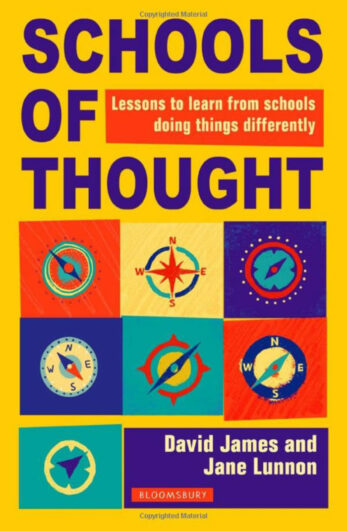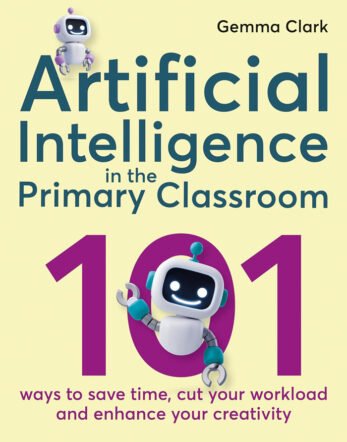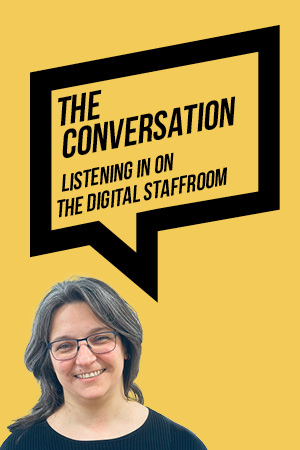Minding the gender gap from both sides
As a teacher and feminist I, like this blog, have questioned why we are so concerned about the number of girls in A-level subjects such as physics, maths and computer science compared with the “under-representation of men in careers such as social work or primary school teaching”. Surely if we care about equality we should care about both sexes? Or it is because traditional “female” subjects can result in low paid work that we assume boys would not want to do?
Gibney references research in France by André Ndobo that suggests it is boys who support the “gender traditional roles”. She argues: “Perhaps, if we are concerned about the participation of women in the sciences (and maths, and engineering, and computer science, and Michelin-starred chefing, and any other area you’d care to mention), there is more to be gained by trying to change boys’ and men’s views, than girls’ and women’s.” These gender stereotypical attitudes are something the NUT is trying to change with Breaking The Mould resource packs for schools, which are worth reading.
Do qualifications create wealth?
With the recent announcement by Nicky Morgan that she wants to link qualifications with income to show the “true worth” of different courses, this blogger asks whether qualifications actually create wealth. He dismisses the DfE argument that “recent increases in the number of 16-year-olds with 5 A*-C GCSEs, including English and maths, will ‘add £1.3 billion to the economy’”, by highlighting the fact that “at a time when many skilled people don’t even have the opportunity to get jobs it seems like a pretty tenuous proposition that simply having more qualified people will somehow galvanise a stagnant economy or create wealth”.
He recognises that as educators we want to celebrate anything that makes the case for a good education but, if we accept that higher qualifications make our country richer, should we blame teachers for our poor economy? He ends by returning to the debate on what is education for. “Our unadorned case is that a good education is the bedrock of a civilised society. It is a good thing because it helps people to understand their world and their past, to live fulfilled and meaningful lives, to contribute to society and leave a positive legacy for the future.”
Why Finland is finished as a role model
When I was 9 and playing on a climbing frame in the back garden with an older cousin, my world was forever changed with the knowledge that Father Christmas was not real. My reaction was similar when I read this and found that the education system in Finland might not be the utopia that we had all hoped.
Clark quotes from Finnish teacher Maarit Korhonen: “Far from being a high performing system, it has become a slave to the PISA madness, happy to score well in these narrow, academic measures, while leaving far too many learners behind.” Clark asks the question: “Wouldn’t one expect a country that has topped the education league tables for years and years to have seen the [economic] benefit from such attainments?”. If you read his blog, you might begin to question this argument too.
This blog questions the way some schools are marketed and the impact it has upon public perceptions. We could debate whether any school should feel the need to spend money on advertising and/or if it is better spent on educational resources. Primary Head rages against the advertising plastered all over their site “in the manner of a low-end gin joint” – “We want to educate our children rather than train them to pass tests” – because it implies that there are some schools that don’t. “You place, in the backs of parents’ minds, a suspicion that we are not dedicated to their children…People began to assume that a narrow-minded judgment became our motivation and that opened the gates to scepticism, meaning that we now have to over-justify our reasons for every little thing.”







Your thoughts